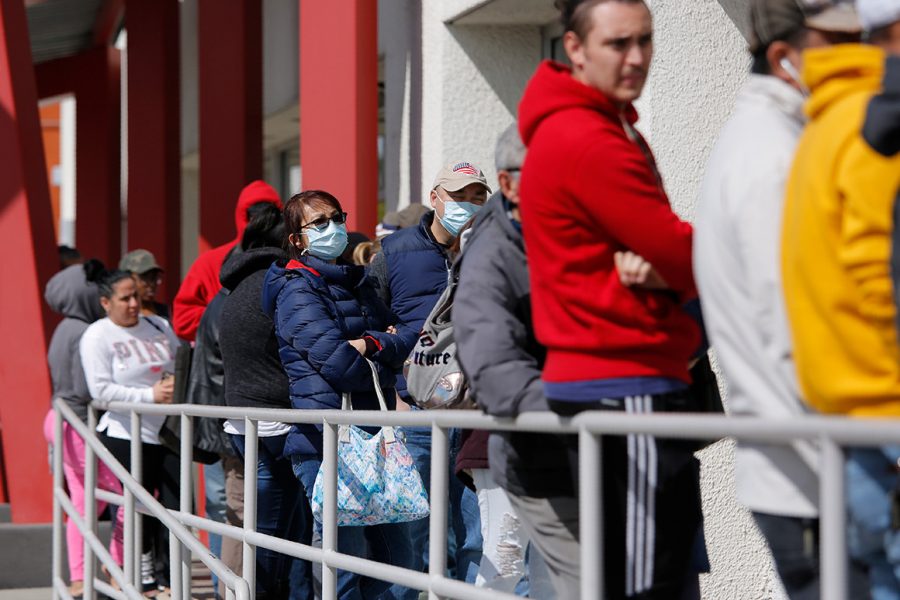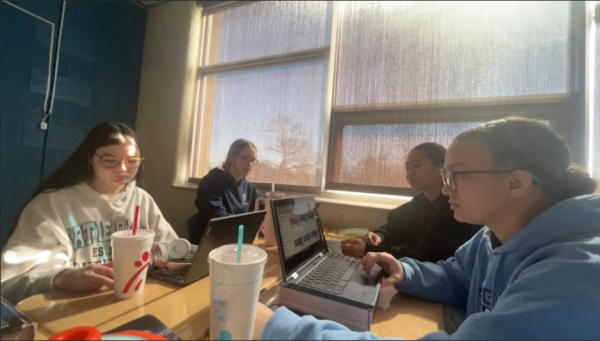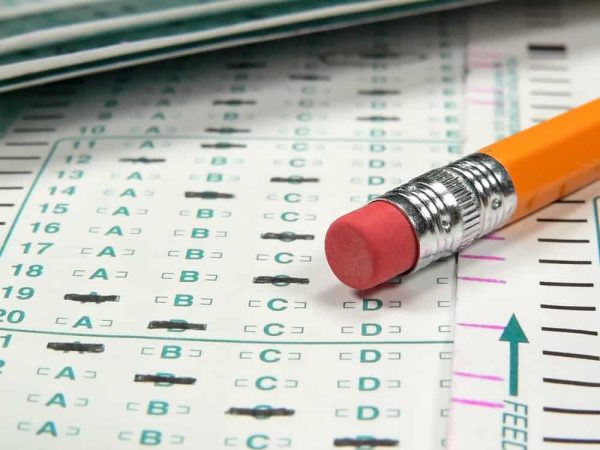Unemployment surges during Covid-19 pandemic
Since mid-March around 30 million Americans have filed for initial unemployment, numbers the country hasn’t seen since the Great Depression. Numbers peaked at 6.9 million in the last week of March but are steadily decreasing over time. Currently the percentage is at 16.1% after a 50 year low at 3.5% in February. Illinois faces around 740,000 filings of unemployment. So it is important to understand the effects mass unemployment will have in both the present and future for the U.S.
Not only is unemployment unhealthy to the individual’s mental and physical health, but it can also erode workforce skills. And even though stimulus packages have been sent out, they typically only account for 50% of a person’s income, which in turn leads to far less consumption of products. This could lead to people pulling from their retirement funds, which has long term ramifications. This wouldn’t only be taxing to the individual; it could also have a larger effect on society. Without a steady paying job, many people could turn to crime to support themselves and their families. The higher costs of social aid to citizens could harm trading relations between countries. Unemployment can also hurt the country as payments from both the federal and state governments will drastically surge. And with less money to spend, less money will go into consumption of products, hurting companies that rely on consumers. And if state governments raise taxes for businesses, those businesses will have less money to hire new workers.
Companies will most likely invest in technology that allows employees to work remotely. This could mean reduced amounts of office based working with much smaller operations. Many companies will most likely prepare more intensely in the event that a pandemic level event occurs again. As both technology and the internet advance, virtual methods of employment may be the new future of the workplace.
Since mid-March more than one in five workers have filed for unemployment in Hawaii, Pennsylvania, Louisiana, Rhode Island, Kentucky, Nevada, Georgia and Michigan. These states have been hit the hardest by the pandemic; however, what does the reopening of economies mean to these statistics?
Whether or not this pandemic will create a depression is still unknown. It is largely up to how long businesses are shut down, and how stagnated our economy becomes. If a vaccine is created soon, the economic repercussions won’t be nearly as bad as they could be. All of this is up in the air currently, and many Americans are eager to get back to work and daily lives.













